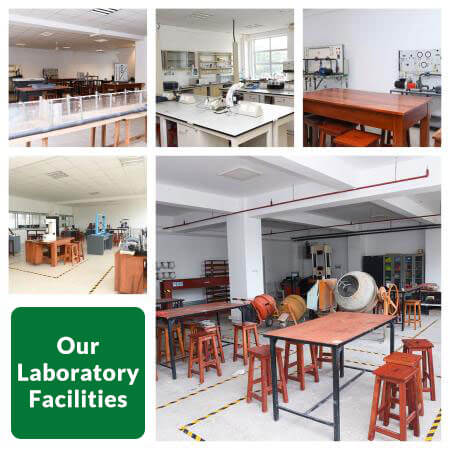- ප්රධාන පිටුව
- Departments
- පාඨමාලා
- සිවිල් ඉංජිනේරු
- Quantity Surveying
- Electrical & Electronic Engineering
- Mechanical Engineering
- Mechanical Engineering (Mechatronics Specialisation)
- Materials Engineering
- Quantity Surveying – LJMU
- Bachelor of Engineering (Hons) Civil (University of Queensland)
- Bachelor of Engineering (Hons) Electrical (University of Queensland)
- Bachelor of Engineering (Hons) Mechanical (University of Queensland)
- Bachelor of Engineering (Hons) Mechatronics (University of Queensland)
- කාර්ය මණ්ඩලය
- පීඨාධිපති පණිවිඩය
- පීඨය ගැන
- පර්යේෂණ
- පහසුකම්
- පුවත්
- උත්සව















